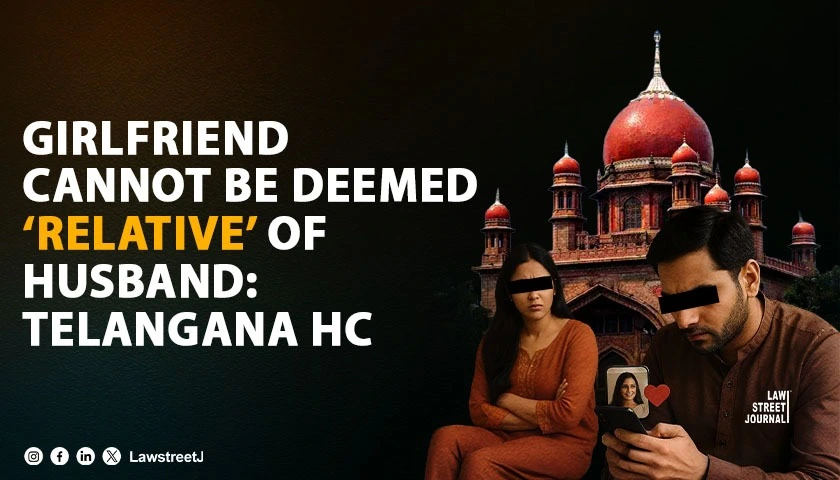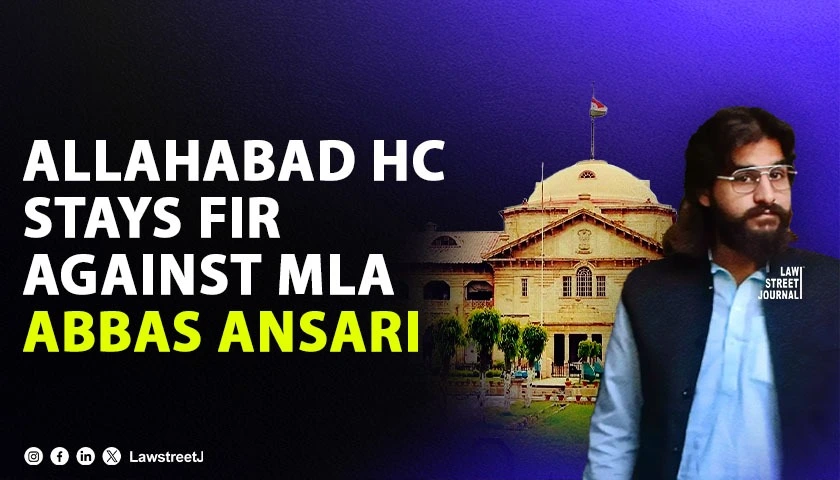Kolkata: The Calcutta High Court has dismissed a criminal revisional application against Bengali singer-composer Nachiketa Chakraborty, who was accused of hurting religious sentiments through alleged objectionable remarks against Lord Ram during a concert. The Court dismissed the plea citing insufficient evidence and jurisdictional issues.
Justice Ajay Kumar Gupta delivered the judgment on September 19, 2025, in C.R.R. 4119 of 2023 (Anirban Bhattacharya vs. The State of West Bengal & Another), after finding that the petitioner failed to substantiate the allegations or provide crucial details about the alleged incident.
The case originated when Anirban Bhattacharya, Secretary of Bishwa Hindu Parishad, filed complaints with Shyampukur Police Station and the Deputy Commissioner of Police on May 2 and May 10, 2023, respectively, alleging that Nachiketa Chakraborty made provocative statements during a live concert.
The petitioner claimed that Chakraborty, during his performance, made remarks criticizing the education system and allegedly stated inflammatory comments including references to Lord Ram. The complaint alleged that these statements were designed to “provoke the common people, particularly citizens of India, and outrage the religious sentiments of the followers of Lord Ram.”
When police authorities were reluctant to register an FIR, Bhattacharya approached the Additional Chief Metropolitan Magistrate under Section 156(3) of the Criminal Procedure Code, seeking directions to register a case under Sections 153/153A/295A/298 of the Indian Penal Code.
However, the magistrate’s inquiry revealed significant gaps in the petitioner’s case. The court noted the police investigation report which stated:
“During enquiry, contact was made with the petitioner Anirban Bhattacharya, and he was requested to produce any documents/evidence of the live concert performed by Nachiketa Chakraborty and also requested to supply any information about the date, time, and place where Nachiketa Chakraborty performed his live concert. But he failed to produce any documents/information about the live concert.”
The investigation further revealed that:
“He had neither seen the live concert of Nachiketa Chakraborty nor visited the spot where the said live concert was performed,”
raising questions about the petitioner’s direct knowledge of the alleged incident.
Crucially, the police report established that:
“Nachiketa Chakraborty is not a resident within the jurisdiction of Shyampukur Police Station and has neither performed any live concert nor spread such hate speech in the jurisdiction of Shyampukur Police Station or adjoining police station areas in the last three years.”
The magistrate dismissed the Section 156(3) application on August 4, 2023, for want of jurisdiction, prompting Bhattacharya to file the criminal revisional application before the High Court.
Before the High Court, the petitioner’s counsel argued that the magistrate erred in not considering the seriousness of the hate speech allegations and failed to appreciate Supreme Court directions regarding suo motu action in cases involving Sections 153A, 153B, 295A, and 505 of the IPC. They contended that territorial jurisdiction was established as the petitioner’s official address fell within Shyampukur Police Station limits.
Justice Gupta extensively analyzed the jurisdictional framework under the Criminal Procedure Code and the new Bharatiya Nagarik Suraksha Sanhita (BNSS), explaining the concept of Zero FIR and territorial limitations for magistrates’ powers under Section 156(3).
The court observed:
“Section 156(3) empowers a Magistrate to order an investigation by an officer in charge of a police station within the Magistrate’s territorial jurisdiction,”
emphasizing that magistrates cannot exercise authority beyond defined territorial boundaries.
Justice Gupta noted that while Section 173 of BNSS allows registration of Zero FIRs regardless of jurisdiction,
“the Magistrate’s power under Section 156(3) is strictly confined to ordering investigations by the officer in charge of a police station within their jurisdiction.”
The court found critical deficiencies in the petitioner’s case:
“This Court also finds upon perusal of the application filed under Section 156(3) of Cr.P.C. that only the contents of social media mentions, without any date, time, and place of the concert and without any authenticity, cannot be the ground to take cognizance of such offence, even though the allegation is serious in nature.”
Addressing the Supreme Court’s directions in Shaheen Abdullah vs. Union of India regarding suo motu action against hate speech, Justice Gupta noted:
“In the instant case, even the State has not taken any suo motu action against the said alleged accused person, as there is no information regarding the alleged incident.”
The court also observed that:
“Even the record does not reflect any other allegation(s) or any incident of riot in this regard from any corner to date. No other complaints were found in the records either.”
Justice Gupta concluded:
“In the backdrop of the aforesaid facts, and due to lack of sufficient materials placed on the part of the Petitioner, this Court does not find any illegality, infirmity, or perversity against the order dated 04.08.2023 passed by the Learned Additional Chief Metropolitan Magistrate for rejecting the application under Section 156(3) of Cr.P.C.”
Appearances: Mr. Anirban Mitra, Mr. Amit Halder, and Mr. Amit Roy, Advocates appeared for the petitioner. The second respondent, Nachiketa Chakraborty, remained unrepresented despite service of notice.
Case Title: Anirban Bhattacharya vs. The State of West Bengal & Another

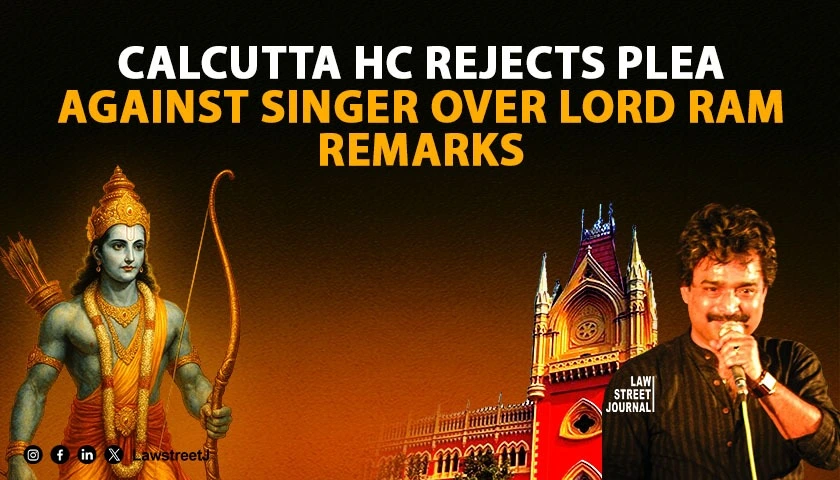

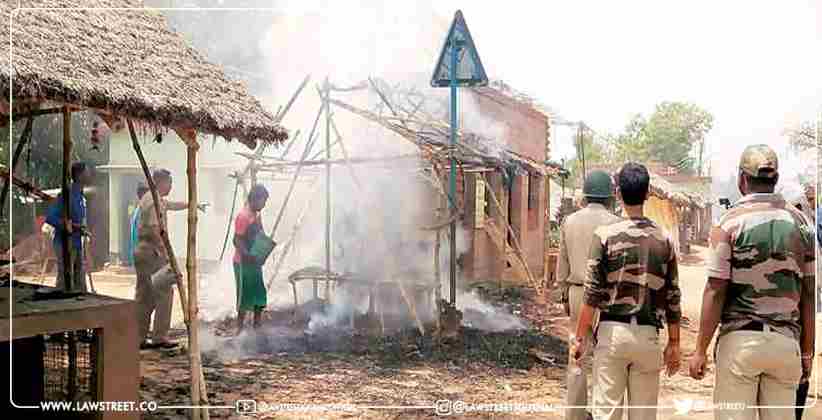
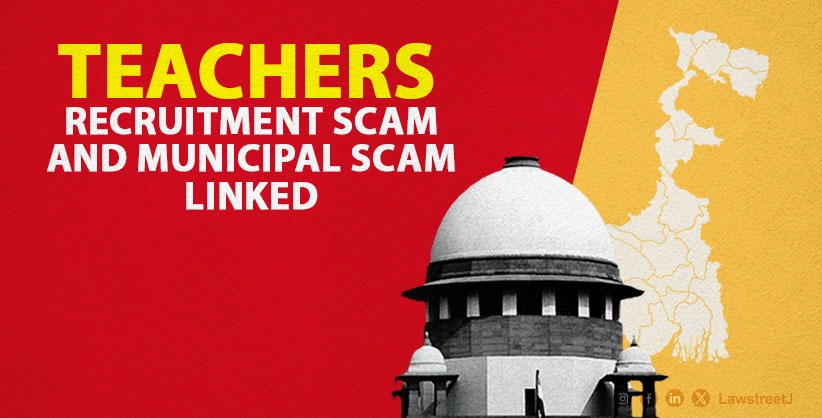
![Calcutta High Court conducts late-evening hearing, orders release of lawyer arrested inside court [Read Order]](/secure/uploads/2023/12/lj_4146_Court_lawyers_arrest.jpg)
![Indian Courts this Week: Law Street Journal's Weekly Round-Up of SC & HCs [Jan 1 - Jan 6]](/secure/uploads/2024/01/lj_9050_WhatsApp_Image_2024-01-06_at_12.07.10_PM.jpeg)




